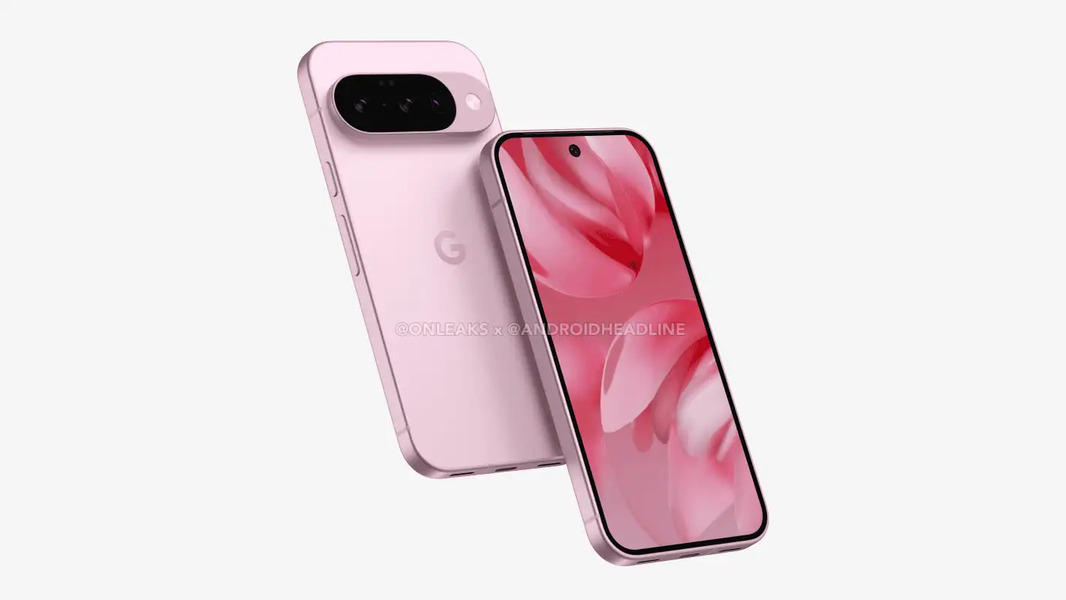I spent weeks with the Samsung Galaxy S25 and the Google Pixel 9 — my favorite surprised me
I've been critical of Samsung, but the Galaxy S25 is hard to ignore.
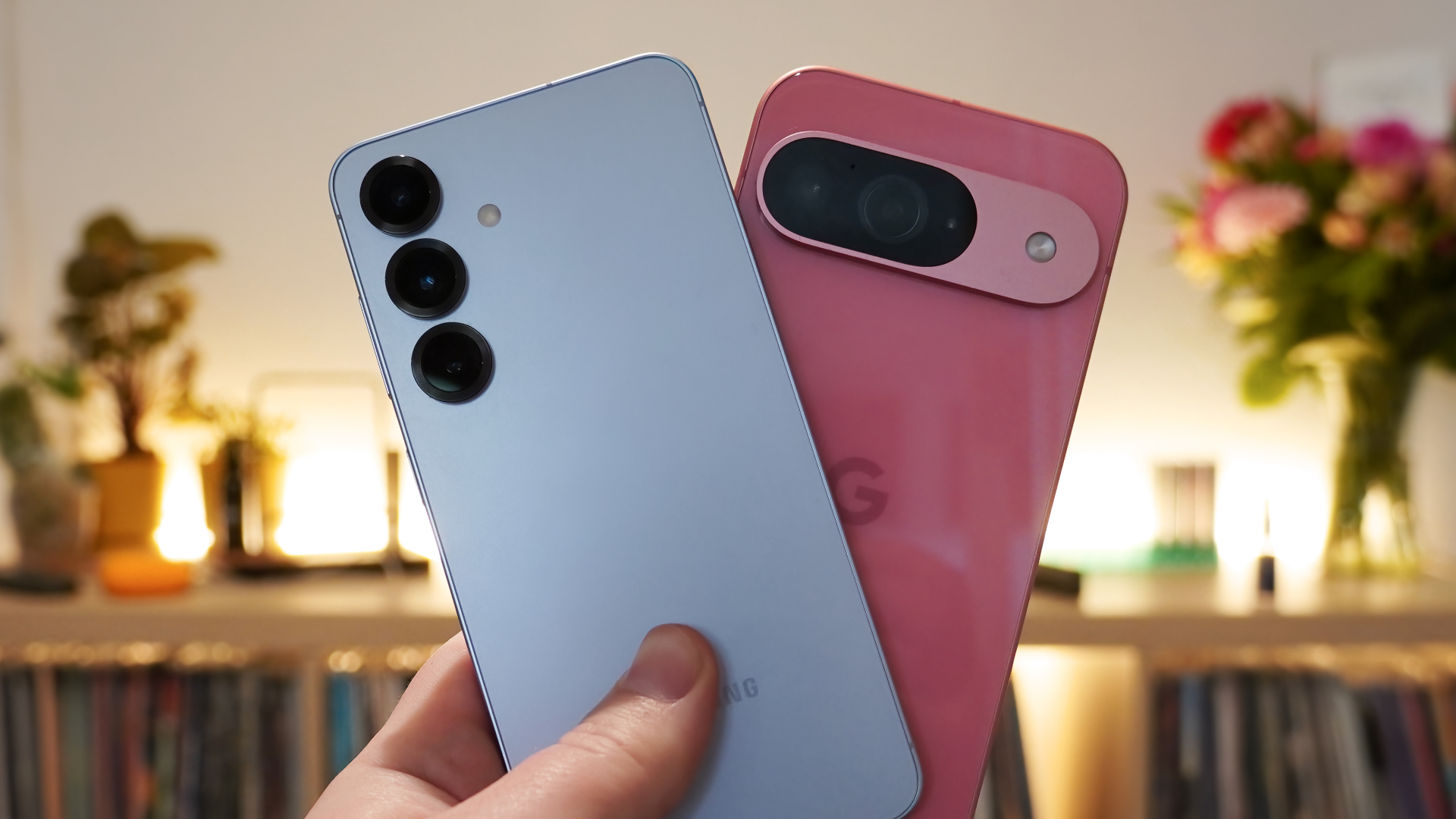
As much as we love the OnePlus 13, most buyers looking for a new Android phone are probably going to choose between Google or Samsung handsets. They're available through U.S. carriers, are familiar to longtime Android users, and offer best-in-class software. Now that the Samsung Galaxy S25 and Google Pixel 9 are out, I used both phones side-by-side to figure out which one is best.
We already have a full breakdown of how the Galaxy S25 and Pixel 9 shake up on paper, so I'm going to focus on the intangibles here. Things like how each phone feels in the hand or what it's like to use Pixel UI or One UI 7 on a daily basis. Boy, are there a lot of them. You might think that as the base-model representatives of the Galaxy S25 and Pixel 9 series, these two phones have a lot in common, but that just isn't the case.
The biggest thing you'll notice when picking up either device is that the Galaxy S25 is lighter, and not by an insignificant margin. It only weighs 162, which makes it the lightest major flagship on the market in the U.S. By comparison, the Pixel 9 weighs 198 grams, and that's more than the Galaxy S25 Plus. Google may have figured out how to make the Pixel 9 feel premium this generation, but it hasn't cracked the perfect weight yet.
The Galaxy S25's weight, plus its compact form factor overall, makes me want to pick it up more than the Pixel 9. It's more comfortable to hold, and I can promise that you'll notice the 36-gram difference without needing to look at the spec sheet. It makes even more of a difference if you like to use your smartphone with a case, because that'll of course add more weight and thickness.
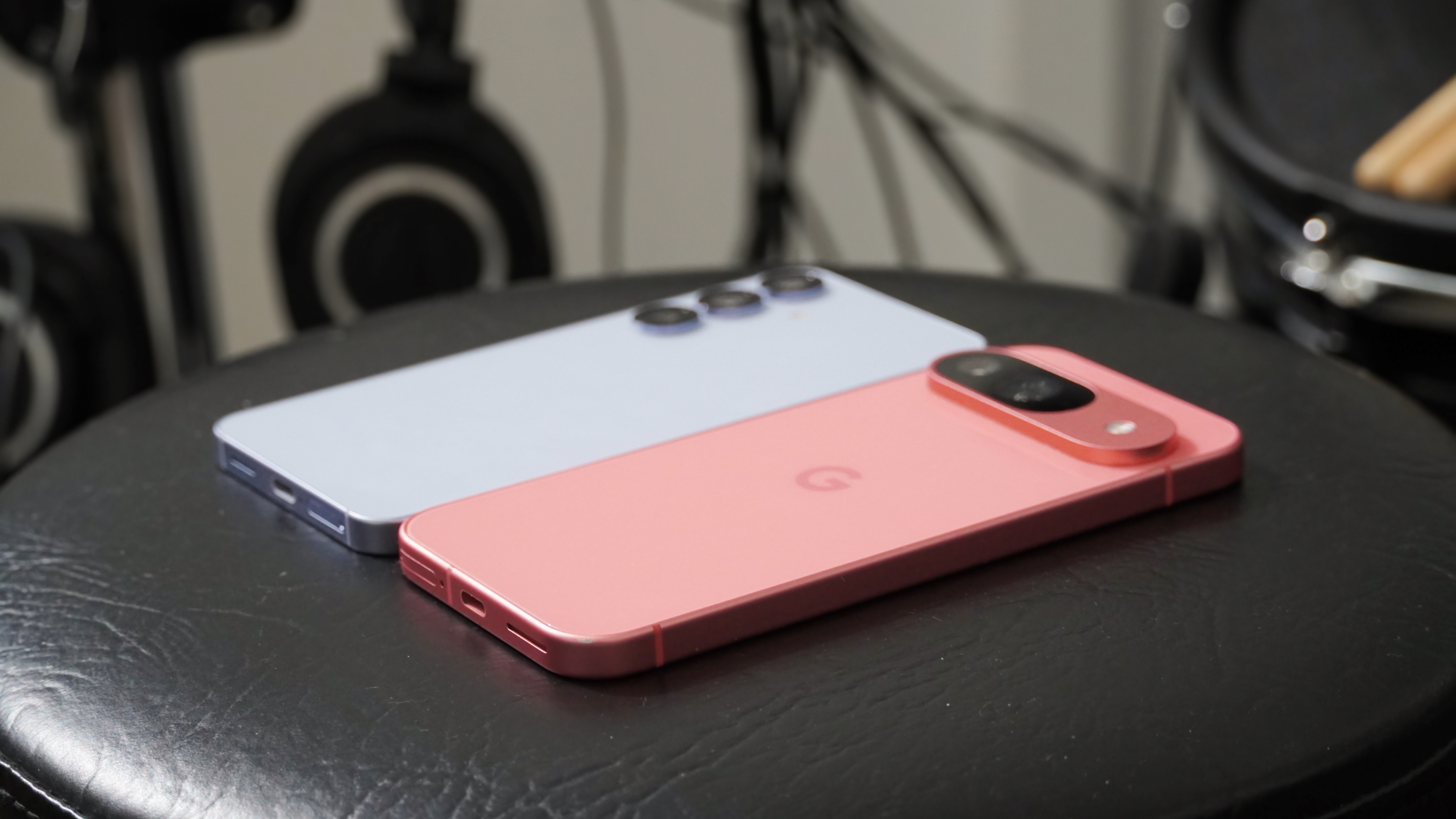
The Google Pixel 9 is larger than the Samsung Galaxy S25 overall, and I'm not sure that's a good thing. The former has a 6.3-inch display, while the latter has a 6.2-inch display. At 146.9 x 70.5 x 7.2 mm, the Galaxy S25 is downright tiny, especially when you factor in the rear cameras. They protrude less from the back glass than the Pixel 9's camera bar, so it won't rock as much on a table.
The displays themselves use similar technology. They're both OLED panels with 120Hz variable refresh rate support and high brightness capabilities. I'd say the Galaxy S25 is slightly less reflective and is easier to view outside, but both are excellent and flat screens.
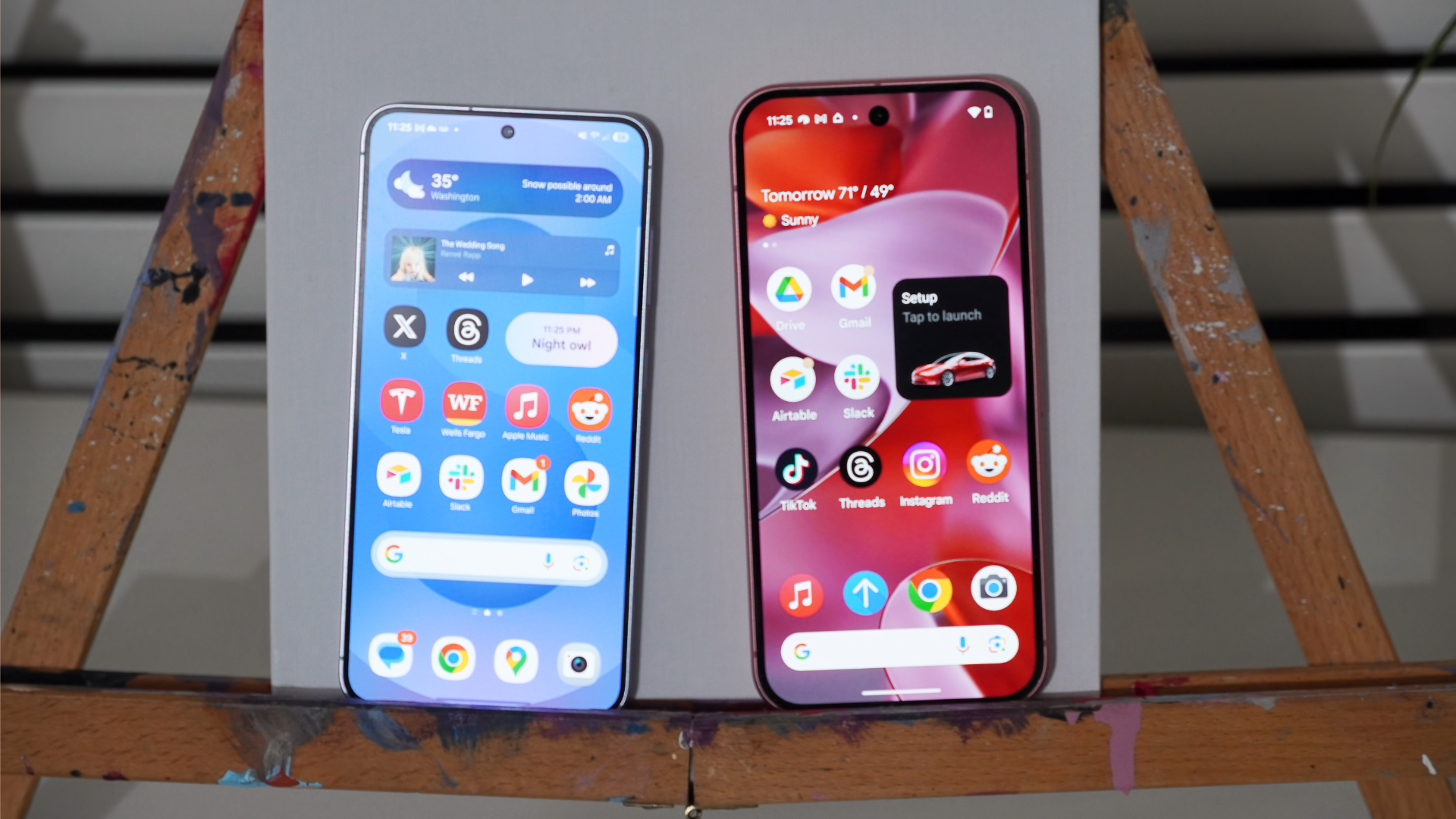
When the Pixel 9 first came out, it was my favorite Android base model yet, and I thought it was capable of going toe-to-toe with the iPhone 16. It would've taken a lot for the Galaxy S25 to top the Pixel 9 in my book, and Samsung did just the right things for that to happen. To be clear, Samsung didn't do everything perfectly. I wanted to see new camera hardware and a fresh design. But it did the right things.
Be an expert in 5 minutes
Get the latest news from Android Central, your trusted companion in the world of Android
What do I mean by that? Well, Google has always had a pitch with the Pixel lineup. By going with the Pixel 9, you might not have a phone that wins every benchmark. However, you're going to get a device that is very well-optimized, has fantastic software, and excels at AI tasks. Here's the thing: the Samsung Galaxy S25 is arguably better optimized, with just-as-good software, and with better AI tasks.
Samsung and Qualcomm worked together to make the Snapdragon 8 Elite for Galaxy chipset, and it's a breakthrough. Geekbench 6 tests below provide a snapshot of how the Galaxy S25 performs against the Pixel 9 in synthetic workflows. Samsung wins, and it's not particularly close.
Benchmark | Samsung Galaxy S25 (Snapdragon 8 Elite for Galaxy) | Google Pixel 9 (Tensor G4) |
|---|---|---|
Geekbench 6 (single-core) | 3,025 | 1,572 |
Geekbench 6 (multi-core) | 9,640 | 3,792 |
More importantly, the Galaxy S25 is now the leader in AI processing — a title the Pixel 9 held not too long ago. Google's Tensor G4 processor ran laps around the outgoing Snapdragon 8 Gen 3 in the Galaxy S24, since it could process up to 45 tokens per second. Qualcomm answered with a Snapdragon 8 Elite for Galaxy mobile platform that can handle 70 tokens per second for AI tasks, besting Google's flagship.
So, the Galaxy 25 is better at raw performance and AI processing, but what about software? I've been the first to criticize One UI over the years — I've written multiple articles slamming Samsung's tendencies to bog phones down with bloat and duplicate apps. However, there is no getting around the fact that One UI 7 is a breakthrough, and it might beat Pixel UI for the first time.
The reason I quite enjoy One UI 7 on the Galaxy S25 is that it gives you the best of both Google AI and Galaxy AI. It has great Gemini and Circle to Search support and was the first phone to support Gemini's multi-app actions. It also has Magic Editor support via Google Photos. On top of that, it has all of Samsung's magic, including Object Eraser, AI Drawing Assist, and AI Select.
It's not an exaggeration to say that Samsung is offering the best of both worlds with the Galaxy S25. Meanwhile, Google might have a few Pixel software exclusives, but there's no way to get the expansive Galaxy AI suite on a Pixel 9.
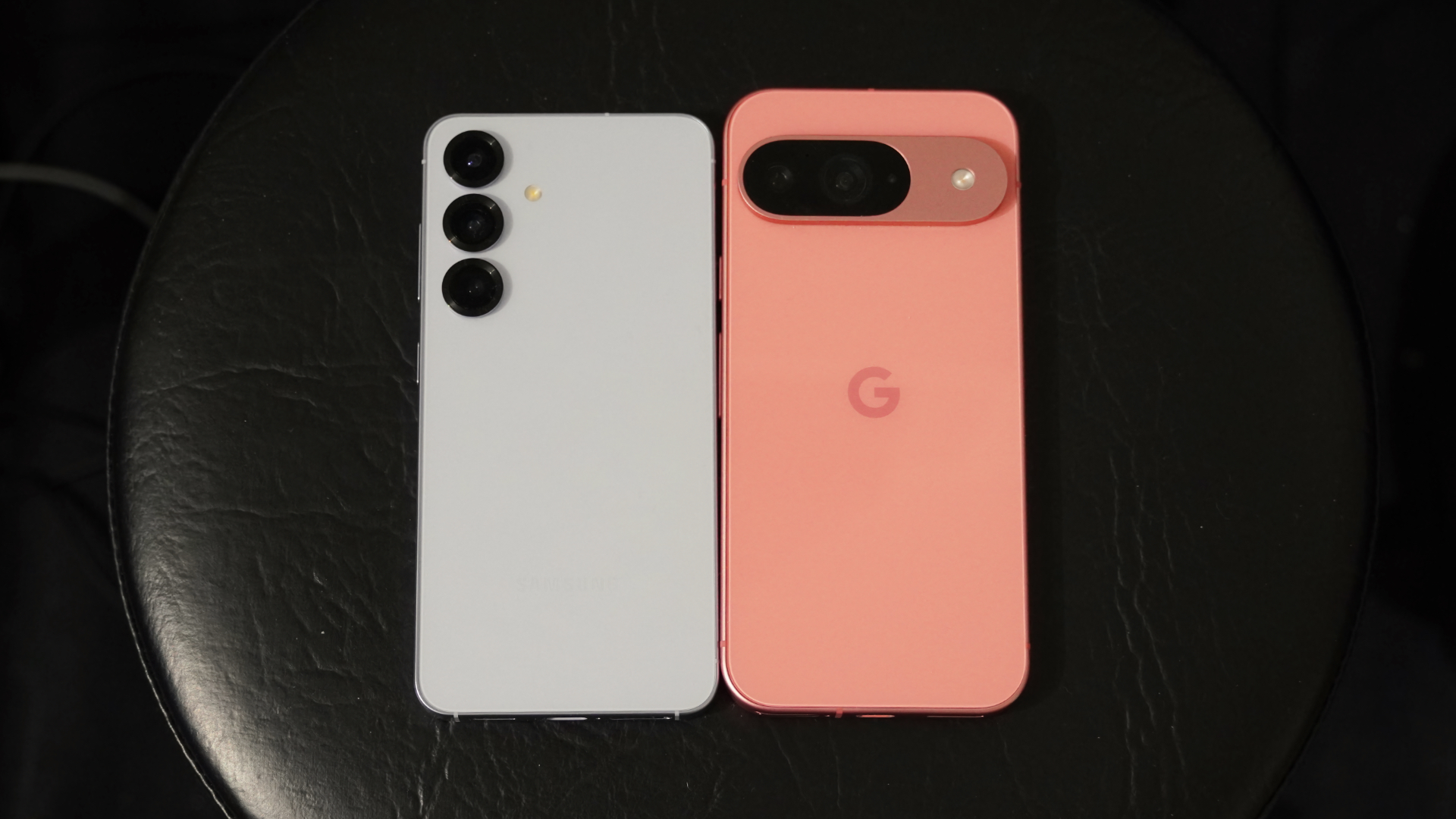
Put it all together, and I think the choice between the Galaxy S25 and the Pixel 9 is clear. The former is lighter, more compact, and faster, with more AI and software features.
Now, before you run to buy a Galaxy S25 for $800, there is a limitation you should know about. It's the camera system, which has been recycled since the Galaxy S22 series and is getting extremely old. As you can see from the photos I've captured with the Galaxy S25 in the gallery below, that leads to results that are just okay.


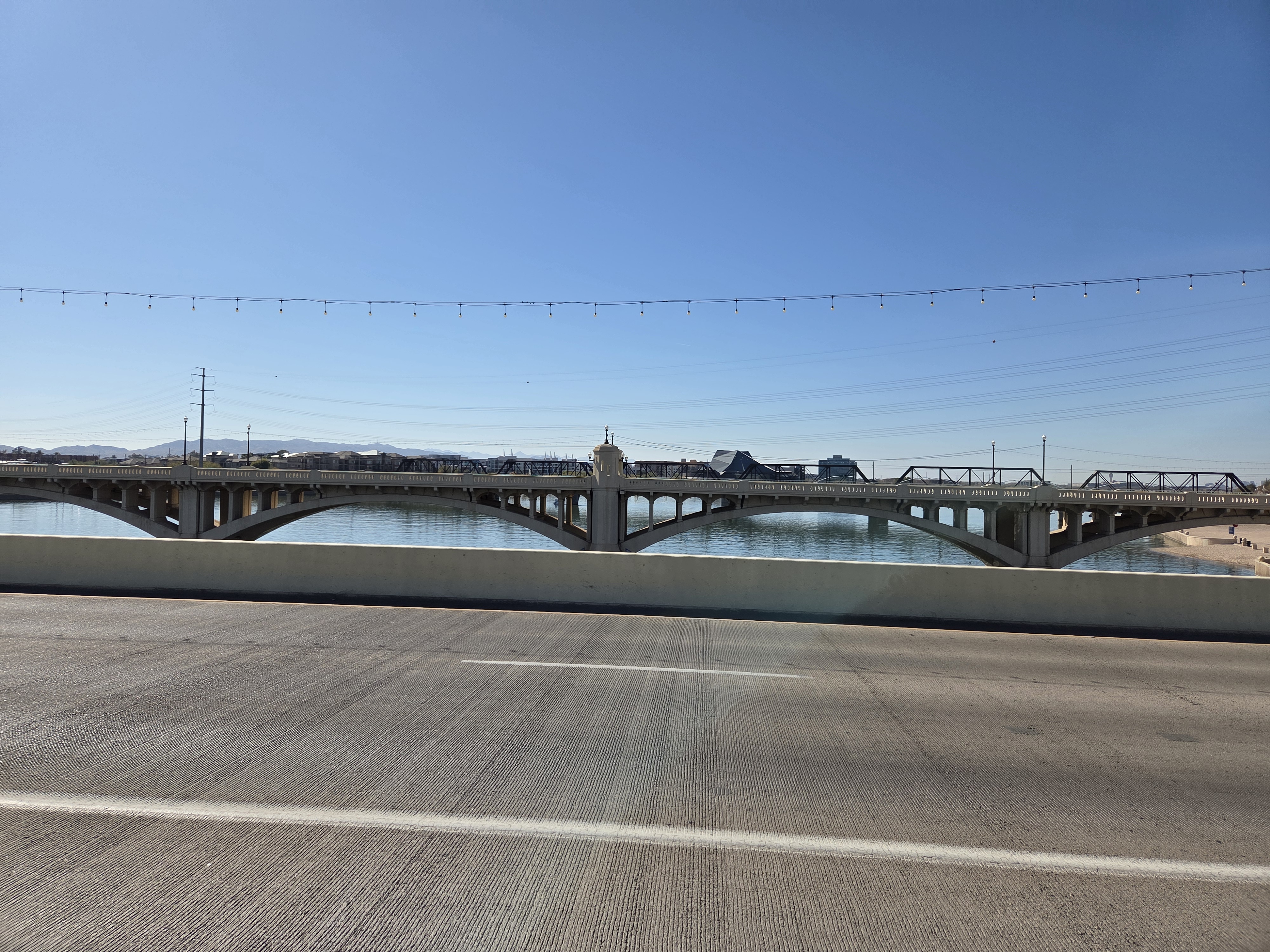



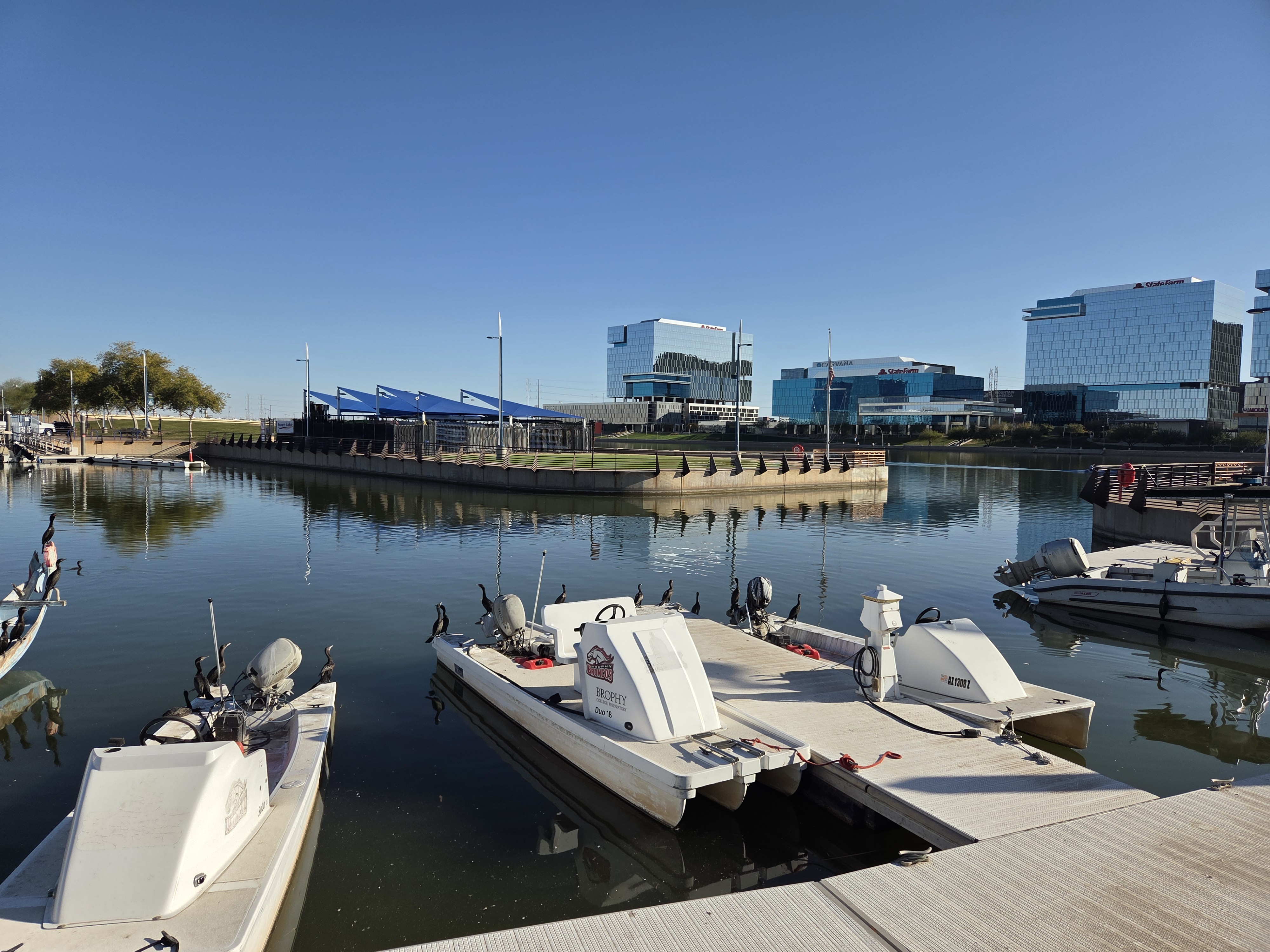
If you need better cameras, get the Google Pixel 9. That's basically the only reason I'd recommend the Pixel 9 over the Galaxy S25, which is not something I expected to write before testing these phones side-by-side.
The reality is that Samsung has officially surpassed Google in terms of raw performance, optimization, and AI processing. With many of Google's best AI features coming to the Galaxy S25, there's little reason to favor the Pixel 9 as it currently stands.
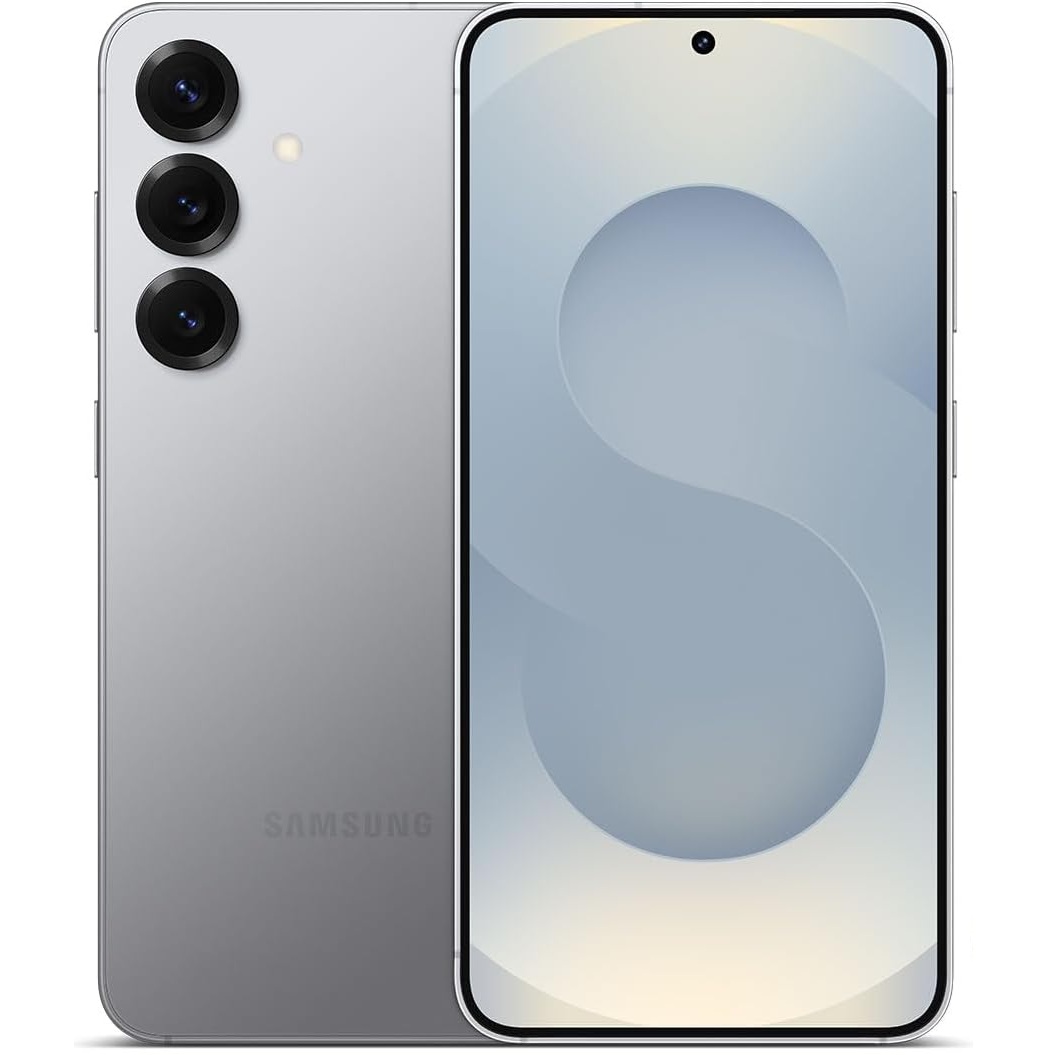
The top compact Android
Samsung's Galaxy S25 is faster and smaller than the Google Pixel 9 — with more AI features thanks to the inclusion of both Galaxy AI and Google AI. As such, if you want the best small Android flagship today, it's your best option. However, you'll need to look past dated camera hardware and a familiar design.

Brady is a tech journalist for Android Central, with a focus on news, phones, tablets, audio, wearables, and software. He has spent the last three years reporting and commenting on all things related to consumer technology for various publications. Brady graduated from St. John's University with a bachelor's degree in journalism. His work has been published in XDA, Android Police, Tech Advisor, iMore, Screen Rant, and Android Headlines. When he isn't experimenting with the latest tech, you can find Brady running or watching Big East basketball.
You must confirm your public display name before commenting
Please logout and then login again, you will then be prompted to enter your display name.
